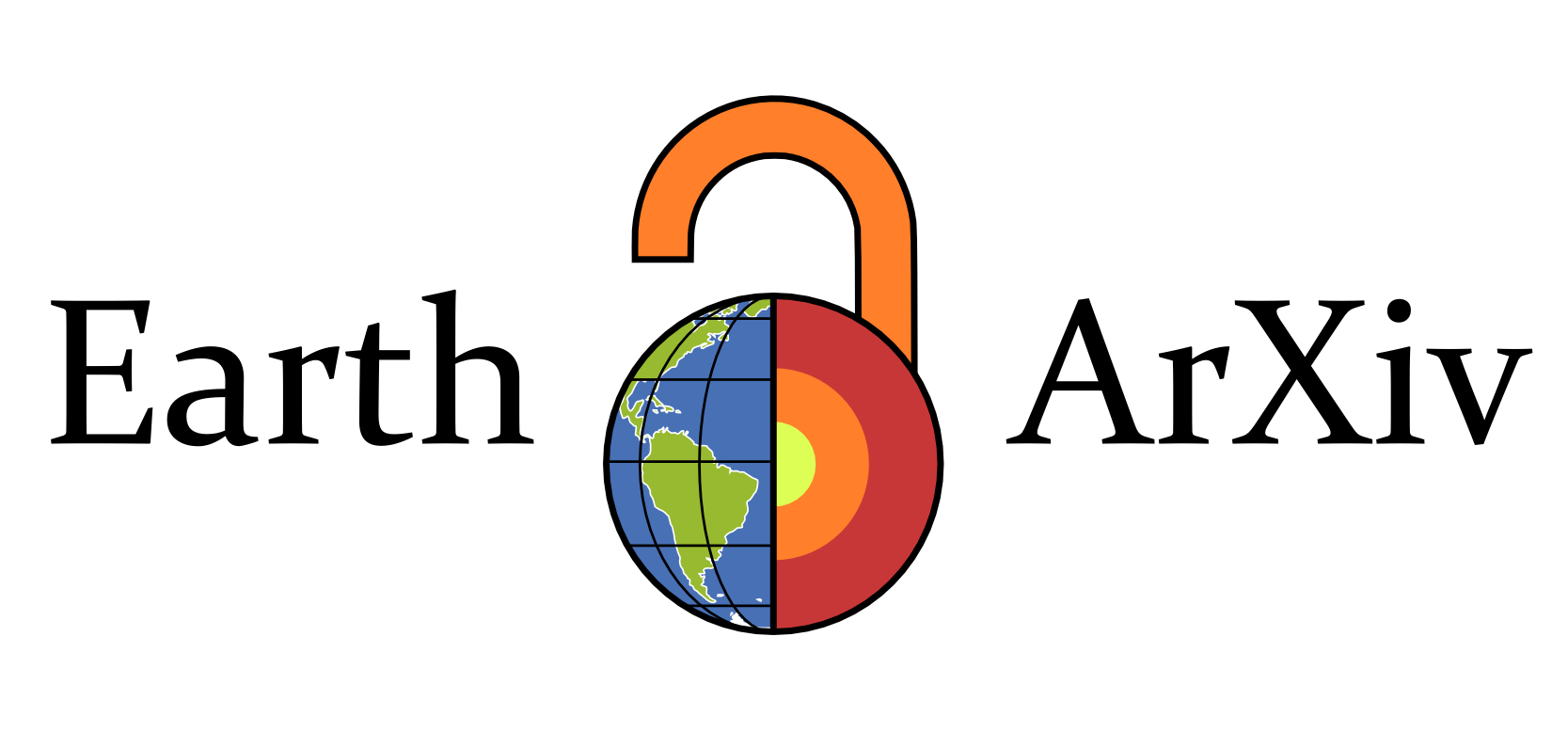
EarthArXiv is planning to refresh and expand the Advisory Board and Community Ambassadors. More details below, but first an introduction to preprints, preprint servers, and EarthArXiv...
A ‘preprint’ is an as-yet, non-peer-reviewed version of a scholarly paper that precedes publication in a peer-reviewed journal; a ‘preprint server’, such as the community-led, volunteer-run ‘EarthArXiv’, is an online platform purpose-built to host preprints. A preprint may represent the same manuscript eventually submitted to a peer-reviewed journal, although other content, which may currently be difficult to publish (e.g. datasets, method papers), can also be uploaded and, if appropriate, explicitly linked to the associated manuscript hosted on the publisher’s website. In this way, preprints provide storage and access to important scholarly content that would otherwise be lost. More details can be found in EarthArXiv’s moderation policy, which outlines what type of material we do and do not accept.
Despite being new to many if not most Earth Scientists, preprints have been in use for >20 years. For example, the original, Cornell-ran preprint server, ArXiv, which covers, amongst other things, Physics, Mathematics, and Computer Science, hosts >1.3 million preprints. Furthermore, several new preprint servers (e.g. BioRxiv, PsyArXiv, Paleorxiv) have recently been launched in many branches of the physical and social sciences, with many more in the pipeline. Major funders (e.g. German Science Foundation (DFG), Wellcome Trust, Medical Research Council, Cancer Research) now encourage preprint submission in support of grant applications; preprints may thus inform grant review process and academic advancement at all levels of experience. In fact, some major US-based academic institutions actively encourage job applicants to include preprints in support of their applications. Major publishers, such as SpringerNature, Elsevier, and Wiley, also actively encourage the use of preprints to help enhance the quality of research they receive and may ultimately publish, and AGU host their own Wiley-supported preprint server, ESSOAr. We should also add that EarthArXiv, like several other preprint servers, also hosts and can thus act as a repository for ‘postprints’ (i.e. published articles), helping facilitate (Green) OA and meeting the needs of the many researchers who lack an institutional and/or national scholarly publications repository. The broader benefits of prepritning, for early- and late-career researchers alike, are clearly outlined in several online resources, such as these provided by PLOSOne and ASAPBio.
During its first two years, EarthArXiv (a community-led preprint service for the Earth and Planetary Sciences, which is built on infrastructure provided by the non-profit Center for Open Science’s ‘Open Science Framework’ has been led by a group of international volunteers, organised by the Earth Science Information Partners. Since launching in October 2017, EarthArXiv has received >1000 submissions, with material spanning a range of Earth Science disciplines, much of which is relevant to the BSRG community (e.g. sedimentology, geochemistry, stratigraphic analysis, etc). There have been almost 5000 visitors to the site; we strongly encourage you to visit and personally assess the quality of material available for consumption. We have been featured in Nature and Science and on several science podcasts We have visited SpringerNature and PLOSone to discuss future developments in the area of preprints, more specifically how preprints can become an integral part of the scientific and, in particular, peer-review process in Earth and Planetary Science. We have hosted ‘Townhall’-style meetings, alongside AGU, at the EGU General Assembly in Vienna.
As per our constitution, we are looking to refresh the EarthArXiv Advisory Council, who are primarily responsible for: (i) moderating content submitted to EarthArXiv; (ii) coordinate future efforts to obtain funding and/or endorsements for EarthArXiv from professional societies; and (iv) work with OSF to develop future functionality for EarthArXiv. There are currently 15 Advisory Council members; for continuity, we plan to retain the services of 8 current members, and to add 8 new members (to serve a 2-year term), increasing the Advisory Council to 16. To select the Advisory Council, we will follow the approach used in 2017; i.e. after ensuring for the desired level of diversity (e.g. race, geographic, ethnic, gender, geography, area-of-interest, or any self-declared protected characteristic), a random sample of 8 members will be chosen. If you are interested in serving, please fill out this form
Nominations will be received until October 18th at 2359.
Please note that we are also looking for any number of Community Ambassadors who are willing to promote EarthArXiv to their respective communities. You can help the community by: (i) promoting EarthArXiv in your home institutions, communities, and countries via social media, presentations, etc; and (ii) work with Earth science publishers and funders to accept preprints as a valid step in the publishing pipeline.
If you have any questions, please do not hesitate to contact either Chris Jackson (c.jackson@imperial.ac.uk) or Tom Narock (thomas.narock@goucher.edu), two of the co-founders of EarthArXiv.
On behalf of the EarthArXiv, ESIP, and OSF team,
Chris Jackson